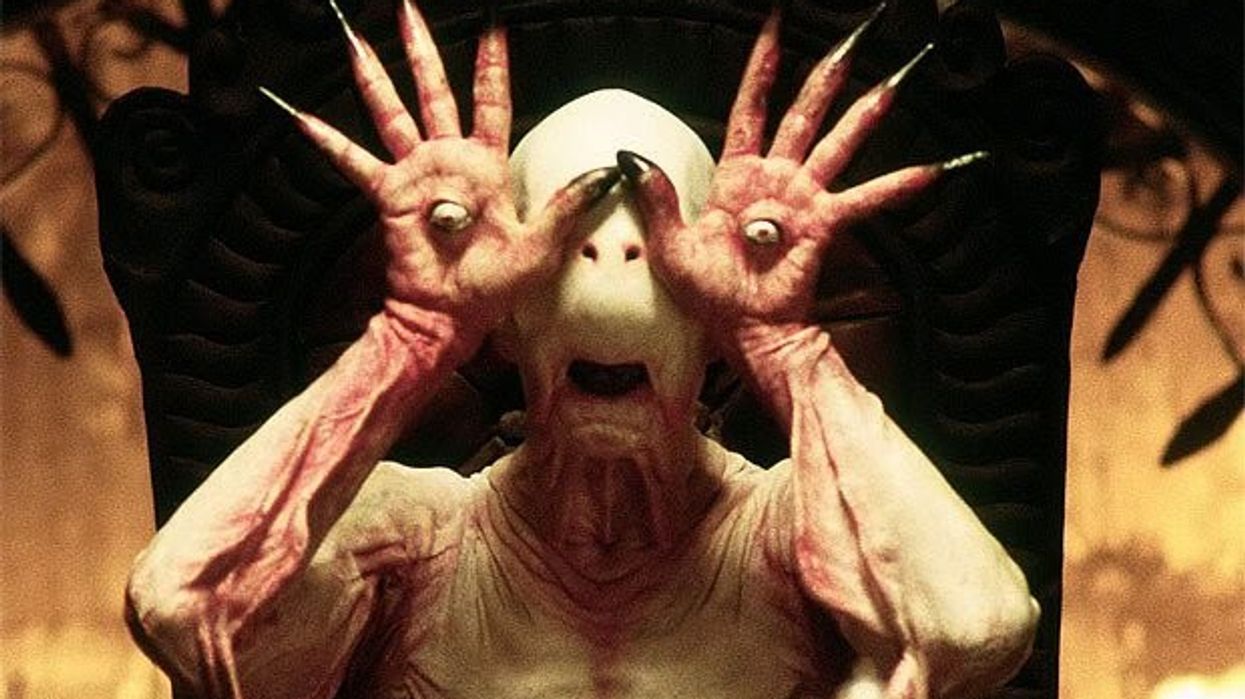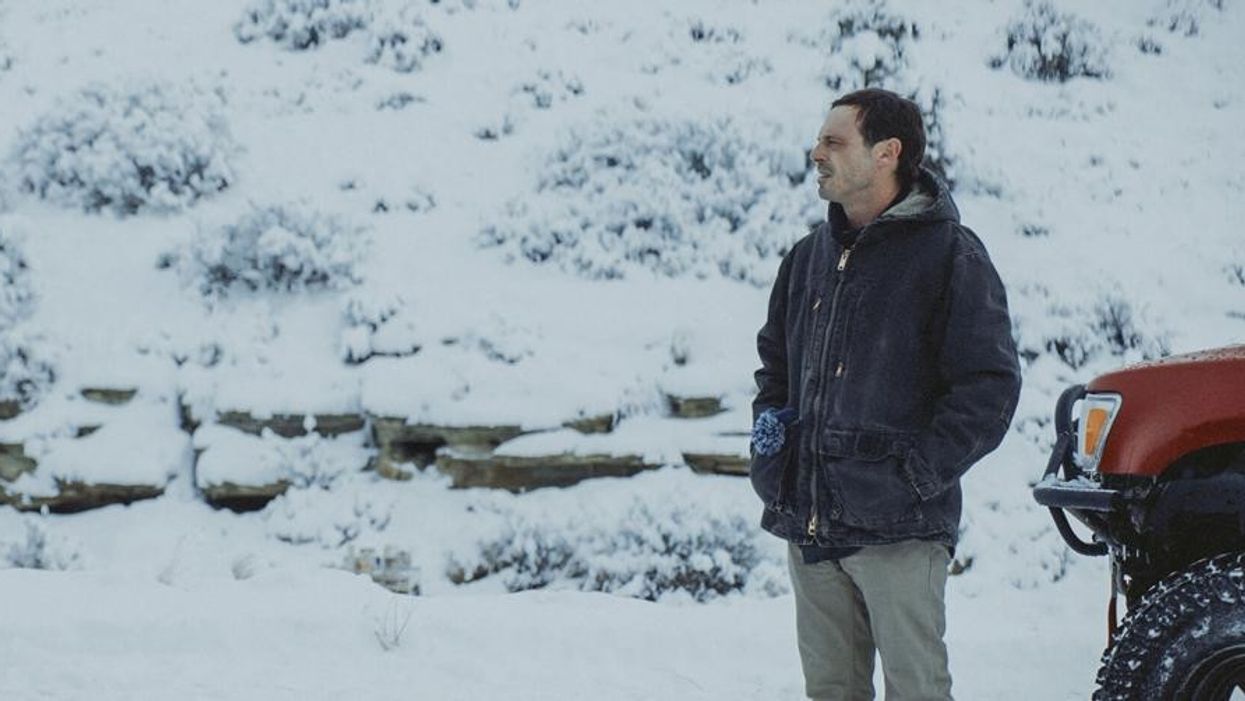Guillermo Del Toro's 'Sadistic' List of Top Ten Film Pairings and Where You Can Watch Them
See if you can trace these classic films influences throughout the visual director's career.

Guillermo Del Toro hardly does anything normal. So when it was his turn to step up to the plate for Criterion Collection's Top 10 list, it's not hard to believe he went about it in a slightly unconventional way.
First off, he labeled the whole experience an “unfair, arbitrary, and sadistic top ten practice,” and it proved extremely difficult for him to limit his choices to only ten films that helped to influence his storied career. In fact, we'd say it's hard to pinpoint any single director's influence on the extremely original work of Del Toro. So instead of crediting any movie or director, he decided to list his twenty choices as “thematic/authorial pairings.”
Most of the films can be found on FilmStruck, as they have much of Criterion's library available for subscribers. Check out the full list and snippets of Del Toro's commentary on how they thematically influenced his films below.

1. Throne of Blood, Ran, High and Low - Akira Kurosawa
Kurosawa’s being one of the essential masters is best represented by these, his most operatic, pessimistic, and visually spectacular films. Try and guess which is which.
2. The Seventh Seal and Fanny and Alexander - Ingmar Bergman
Bergman as a fabulist—my favorite—is absolutely mesmerizing. These two films have the primal pulse of a children’s fable told by an impossibly old and wise narrator...Both tales are ripe with fantastical imagery and a sharp sense of the uncanny.
3. Beauty and the Beast - Jean Cocteau and Eyes Without a Face- Georges Franju
These films are gorgeous, dark poems about fragility and horror. Both fables depend on sublime, almost ethereal, imagery to convey a sense of doom and loss: mad, fragile love clinging for dear life in a maelstrom of darkness.
4. Great Expectations and Oliver Twist - David Lean
Both movies are epics of the spirit, and both are plagued by grand, utterly magical moments and settings.
5. Time Bandits and Brazil - Terry Gilliam
Gilliam is a fabulist pregnant with images—exploding with them, actually—and fierce, untamed imagination. He understands that 'bad taste' is the ultimate declaration of independence from the discreet charm of the bourgeoisie. He jumps with no safety net and drags us with him into a world made coherent only by his undying faith in the tale he is telling.
6. Onibaba and Kuroneko - Kaneto Shindo
Both are perfect fables rooted in Japanese folklore but distinctly modern in their approach to violence and sexuality. As exuberant and exquisite as a netsuke carving, these atmospheric jewels show mankind trapped in a cosmically evil world.
7. Spartacus and Paths of Glory - Stanley Kubrick
Both films speak eloquently about the scale of a man against the tide of history, and both raise the bar for every 'historical' film to follow.
8. Sullivan’s Travels and Unfaithfully Yours - Preston Sturges
These are masterful films full of mad energy and fireworks, but Sullivan’s Travels also manages to encapsulate one of the most intimate reflections about the role of the filmmaker as entertainer.
9. Vampyr- Carl Th. Dreyer and Häxan - Benjamin Christensen
Sheer terror and sheer poetry, but both stem from distinctive medieval traditions.
10.The Spirit of the Beehive - Víctor Erice andThe Night of the Hunter - Charles Laughton
The two supreme works of childhood/horror. Lamentations of worlds lost and the innocents trapped in them. Sublime fairy tales of despair that depict the adult world as a toxic environment for kids to exist in.
Check out all of Del Toro's commentary and the full list here.











